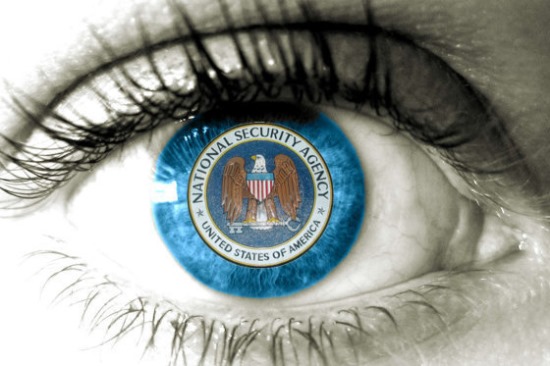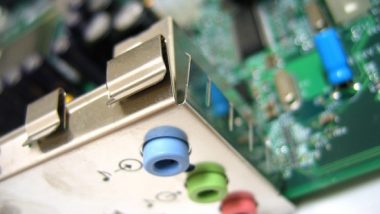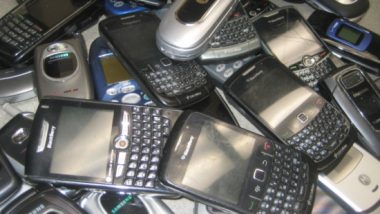
The right to privacy is being challenged by various forms of surveillance today. Cell phones are the repositories of abundant personal information. Hence, official and unofficial cell phone tracking is widespread. Recent revelations about government surveillance and cell phone tracking have triggered a huge outcry over privacy concerns.
Government surveillance is not a new phenomenon. However, post 9/11 laws and amendments have increased and legalized many government surveillance activities. Government surveillance powers have been increased under the “War on Terror” umbrella.
Surveillance- Not Restricted to Terrorists
It has been revealed time and again how these government programs are not restricted to foreign surveillance. Innocent US citizens often come under scrutiny by US intelligence agencies.
The American population, traditionally opposed to spying/wiretapping by the government, seems to hold a less critical view today. The right to privacy is still valued highly. However, the 9/11 attacks perpetuated security concerns and citizens were forced to compromise on their privacy.
The PRISM revelations by Edward Snowden have raised many apprehensions. The level of surveillance revealed was hitherto unprecedented. However, the laws and amendments passed in the wake of the 9/11 attacks have greatly expanded the government’s surveillance jurisdiction.
Increased Surveillance After 9/11
The US Patriot Act of 2001 was signed into law by President George W Bush on October 26, 2001. This Act was hastily signed and increased domestic surveillance. It allowed the government to intercept private communications of American citizens. The intelligence agencies could wiretap any phone line, cell phone or internet connection.
The Terrorist Surveillance Program was implemented sometime after the September 11 attacks. It was implemented to intercept communications where at least one party was not a U.S. person and there were reasonable grounds to believe that there were connections to al Qaeda. A 2005 New York Times article disclosed that a number of purely domestic calls were also intercepted due to “technical glitches”. Hence, the communications of a number of US citizens were intercepted without warrants.
National Security Letters were traditionally used to provide the FBI information about foreign suspects. However, their use was expanded under the Patriotic Act. These are now being used to order companies to provide information about American citizens.
It was disclosed that between 2003 and 2005, the FBI sent out more than 140,000 NSL’s ordering companies to provide information about their customer’s calling and internet histories. These demands were made without showing any prior judicial approval. Quite recently, Google disclosed that it had been served with a large number of such letters.
USA Today reported in 2006 how the National Security Agency had been secretly collecting the phone call records of ordinary American citizens. It had been using data from AT&T, Verizon and BellSouth. NSA was using the data to analyze patterns that could help detect terrorist activity.
In May 2013, Edward Snowden, a former CIA and NSA employee leaked classified information about the mass surveillance NSA PRISM Surveillance Program. The PRISM Program was initiated in 2007 under President George Bush.
NSA was alleged to have been logging the telephone calls of Verizon customers, and probably of other companies too. Furthermore, Snowden’s revelations showed that NSA could directly spy into smartphone communications by tapping into operating systems including Blackberry, Android and iOS. It could access private information including SMS messages, contact lists, notes and location data.
Another surveillance technique that has recently become a cause for concern is the “Stingray”. Cell phones are being used by government and law enforcement agencies to collect geolocation data. Devices called “Stingrays” allow electronic tracking of large areas for a particular cell phone’s signals. A Stingray not only tracks a targeted cell phone, but also provides access to the data on other cell phones in the area.
Cell phone tracking is not only limited to government surveillance activities. It has become extensive with the availability of various phone apps that allow covert spying. Spy software can easily be installed on cell phones. It is widely being used to spy on children, spouses and even employees.
Anthony Burgess rightly stated, “To be left alone is the most precious thing one can ask of the modern world.” Official and unofficial cell phone tracking has generated many insecurities and privacy concerns. Post 9/11 security threats have expanded government surveillance. The laws provide many loopholes for the government to justify cell phone tracking and other surveillance activities. However, monitoring communications of innocent Americans is projected as a by-product of this surveillance. There is a constant debate on security vs. privacy and on striking the right balance as the Americans struggle to protect their right to privacy.
Author Jane Andrew is a blogger who writes about developments and trends in the tech world. She can be reached on Twitter @Janeandrew01

